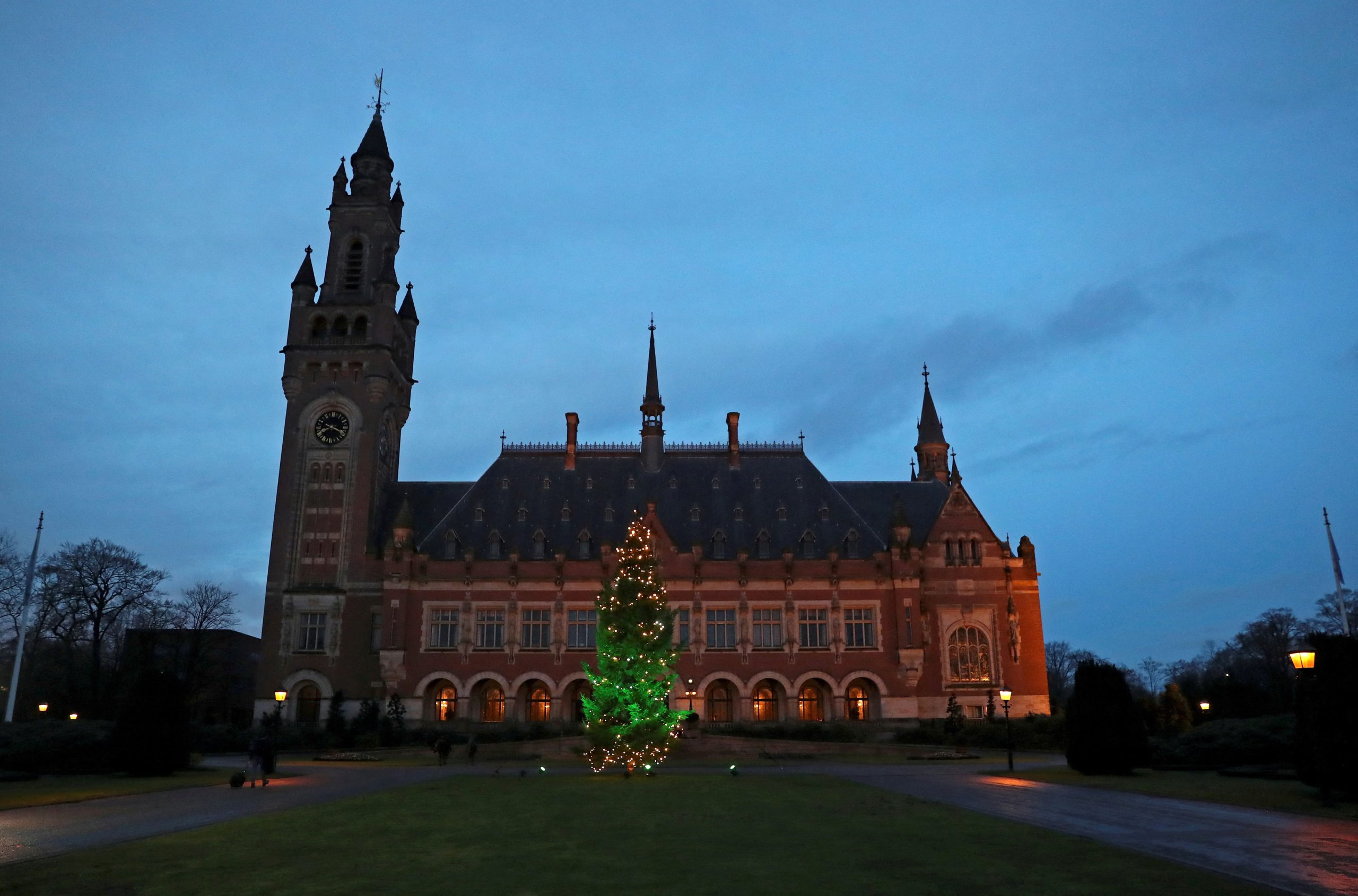
Willie R. Tubbs, FISM News
[elfsight_social_share_buttons id=”1″]
Late last week, a United Nations court issued a ruling that seemed to say two things at once and which has allowed both the United States and Iran to claim vindication in a case over $2 billion in Iranian assets that have been frozen in U.S. banks for decades.
The International Court of Justice ruled by a 10-to-5 vote that the United States had violated a 1955 treaty when it froze at least some assets belonging to Iran, but that the court lacked jurisdiction to force the Americans to unfreeze most of the assets.
“[The court] upholds the objection to jurisdiction raised by the United States of America relating to the claims of the Islamic Republic of Iran under Articles III, IV and V of the 1955 Treaty of Amity, Economic Relations, and Consular Rights, to the extent that they relate to treatment accorded to Bank Markazi and, accordingly, finds that it has no jurisdiction to consider those claims,” the judgment reads.
However, in finding the U.S. violated a treaty, the court recommended the United States and Iran negotiate a means by which the United States can compensate Iran for a portion, about $250 million, of its lost assets.
Iran first filed the case in 2016 and was seeking restitution for assets the U.S. froze following Middle East bombings in 1983 and 1996, respectively. The U.S. says Iran is responsible for a bombing in Lebanon that cost 241 American servicemen their lives in the early 1980s and a second bombing in Saudi Arabia during the mid-1990s that resulted in the deaths of 19 servicemen.
In both cases, the United States accused Tehran of engaging in terrorism and froze the assets with the stated intention of using the funds to compensate victims’ families.
“Iran sought to use the [1955] Treaty to challenge payments to U.S. victims of Iran-sponsored terrorism who obtained U.S. court judgments against Iran,” Vedant Patel, principal deputy spokesperson for the State Department, said in a statement. “The decision today is a significant blow to Iran’s attempt to avoid its responsibility, in particular to the families of U.S. peacekeepers who were killed in the 1983 bombing of the Marine Corps barracks in Beirut.”
Patel added, “The Court’s decision was clear that it will have no impact on the U.S. laws that allow U.S. victims of terrorism to seek compensation from Iran or any other State sponsor of terrorism in U.S. courts going forward, in light of the Treaty’s termination.”
But the Iranian Foreign Ministry says the ruling was a justification of Iran’s claims.
“The ruling of the International Court of Justice on March 30, 2023, is another proof of the Islamic Republic of #Iran’s righteousness and the violations by the US government,” a tweet from the ministry reads.
While both nations are technically correct, it is important to note that, if winning or losing is being judged in dollars and cents, the United States certainly got the better end of the bargain.
The court’s finding that it lacked jurisdiction over the assets frozen in response to the Lebanon and Saudi Arabia bombings applies to about $1.75 billion of the total $2 billion Iran sought.
